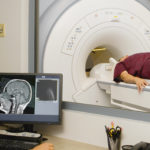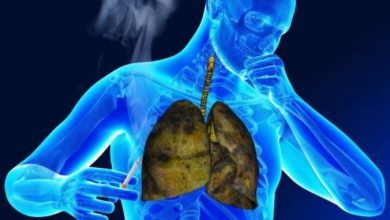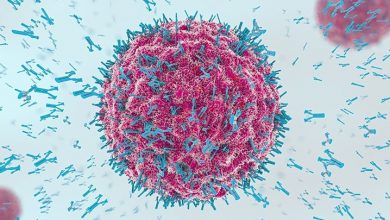Seizures due to brain tumor
The content of the article
Seizures in brain cancer
Convulsions most often occur in patients with primary or metastatic tumors. Less commonly, when the meningeal membranes are involved in the process, with excessive accumulation of fluid in the brain.
Also, seizures in oncology can be caused by:
- various metabolic disorders;
- infections;
- bleeding;
- medications.
This symptom may be evidence of disease progression. Often convulsions provoke bleeding from the tumor or nearby tissues.
How do they manifest themselves?
Generalized seizures that occur in cancer patients have some similarities with the clinical manifestations of seizures in patients with epilepsy. However, with neoplasms, attacks are more severe, in most cases they have a protracted course of the post-ictal period.
Before the onset of an attack, focal signs may appear (impaired reflexes, paresis and paralysis of the limbs or face), which gradually increase and end with a tonic-clonic convulsion.
The tonic phase lasts 10-20 seconds. At this time, tension in the facial muscles, extension of skeletal muscles, and deviation of the eyeballs to the side are noted. The pallor of the face gives way to redness, the pupils are dilated, and there is no breathing.
Then comes the clonic phase, its duration is from 30 seconds to several minutes. Manifested by short contractions of skeletal muscles. Gradually, breathing is restored, muscles relax, and involuntary urination and defecation may occur.
Focal seizures are caused by metastases to the brain. Manifested by periodic twitching of the face or one of the limbs.
Treatment
Anticonvulsant therapy is not prescribed for the purpose of prevention, since convulsions develop in only 20% of patients and it is impossible to say in advance whether the patient will suffer from seizures.
First aid
When a patient has an attack, it is very important for those around them to remain calm. To alleviate the patient's condition, it is necessary:
- turn his head to the side;
- place a pillow or something soft under your head to avoid injury;
- free from restrictive clothing;
- open the window for fresh air;
- After an attack, provide the patient with rest.
During convulsions, you should not leave the patient alone, give him something to drink, or try to restrain him, as this may provoke the development of a new attack.
Please rate the article:





